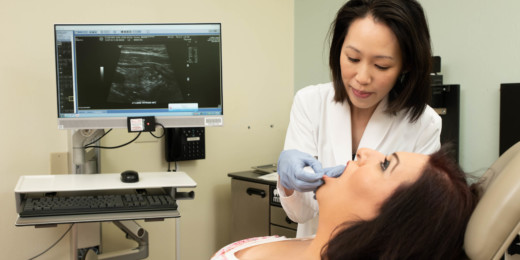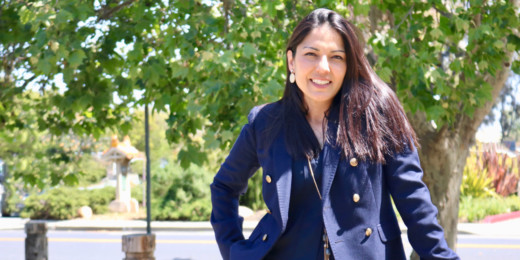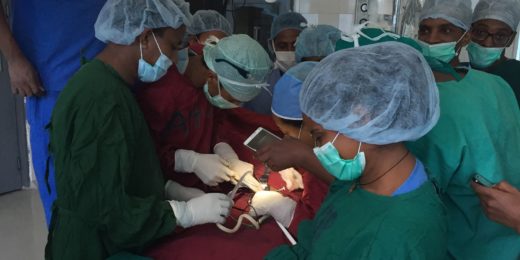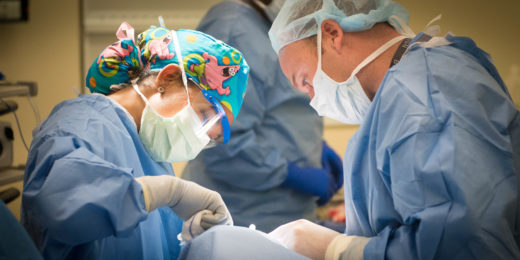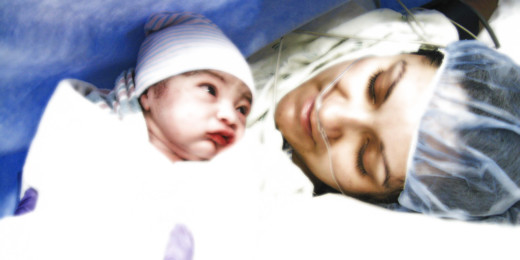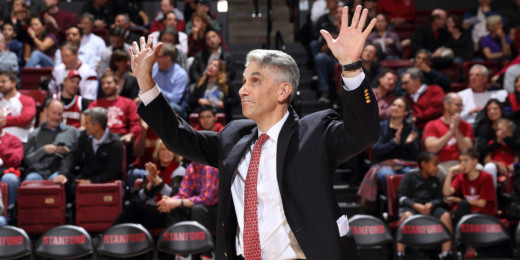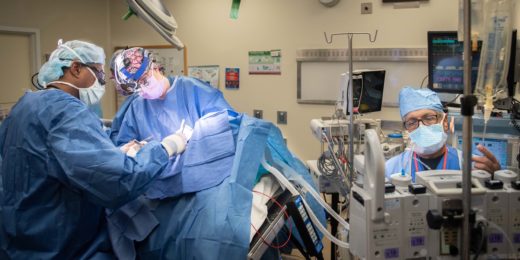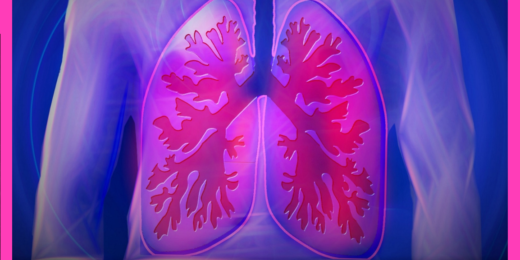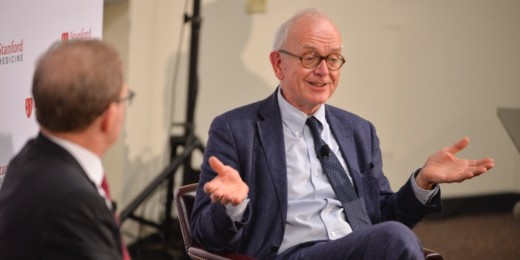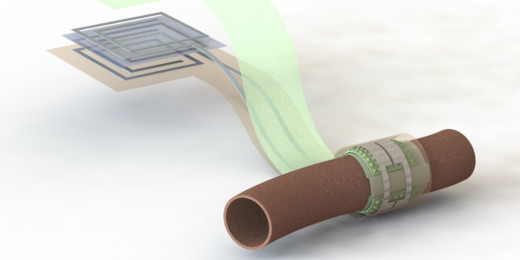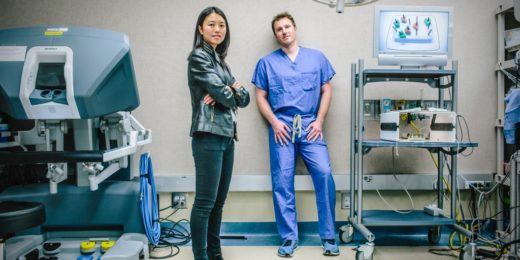A thyroid cancer patient has neck surgery that leaves no scar, in a new procedure and a first for Stanford surgeons.
Category: Surgery
In the Spotlight: “I’m learning every single day”
This In the Spotlight Q&A features Andrea Kossler, a Stanford oculoplastic surgeon who enjoys learning new skills and has two young daughters.
Designing an inexpensive surgical headlight: A Q&A with a Stanford surgeon
Millions of people are at risk from inadequate or unreliable lighting during surgery, so a Stanford surgeon is part of a team developing an affordable surgical headlamp.
A Stanford black, female, gay surgery resident speaks out
Auriel August, a resident in surgery, shares her story about why she decided to become a surgeon and her experience at Stanford.
Tapping patients’ wisdom for C-section pain management
Women scheduled for C-sections know the levels of pain relief they'll need, and are happier with their experience if given a choice.
From March Madness to medicine with help from mentors
Forty years ago, Michael Longaker was a guard on the championship winning Michigan State basketball team. Now, he is a Stanford surgeon.
An easy way to predict chronic pain following surgery: Ask patients how they’re feeling
The best way to predict which patients will suffer chronic pain after surgery is to ask them how they're feeling, Stanford researchers find.
Heart failure boosts risk of death following surgery
A Stanford researcher has found that patients with heart failure, even if it's relatively mild, are more likely to die within three months after surgery.
In the Spotlight: “The OR is my happy place”
This In the Spotlight features Miquell Miller, a Bahamas native who is now a surgery resident at Stanford. In this Q&A, she discusses her work and life.
Pediatric surgeon specializes in solving problems
Stanford Medicine pediatric surgeon and innovator Tom Krummel discussed his career trajectory at a recent talk.
Blood test may detect early signs of lung-transplant rejection
A new blood test measures the DNA fragments of lung transplant donors in the blood of recipients, in hopes of preventing organ rejection and saving lives.
Henry Marsh shares insights into neurosurgery and more at Dean’s Lecture Series
Dean Lloyd Minor welcomed the neurosurgeon/author Henry Marsh to Stanford at a recent Dean's Lecture Series talk.
This sensor can monitor blood flow – then disappear
An interdisciplinary team of Stanford researchers have developed a implantable, biodegradable, wireless and battery-free blood flow sensor.
Touch-sensor technology seen as a path for improving surgical training
A Stanford surgeon, educator and inventor has worked to advance the science of touch.
Stanford Surgery’s decorating contest brings cheer to doctors working over the holidays
Stanford Medicine hosted an office decorating contest to help share the holiday spirit for those who have to work between Christmas and New Year's.
Algorithm developed to evaluate surgical skills with help from recent high school grad
Using AI, a team of Stanford researchers including an 18-year-old has developed a way to track and evaluate surgical skills.


